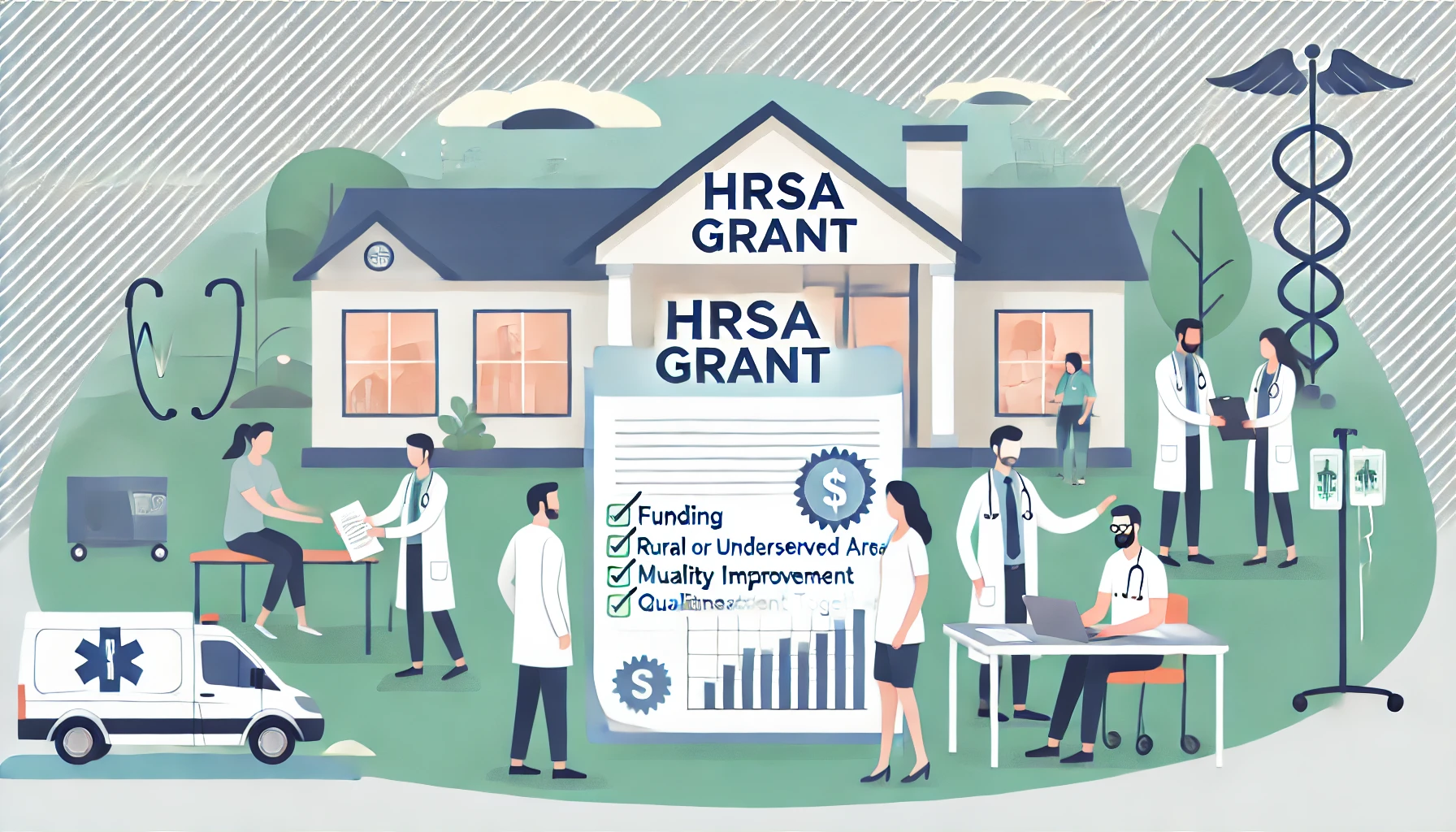
Table of Contents

Trump's healthcare strategy reverses Biden policies, withdraws from WHO, signaling major shifts in global health approach amid complex political landscape.
Trump's healthcare strategy reverses Biden policies, withdraws from WHO, signaling major shifts in global health approach amid complex political landscape.
Trump's Healthcare Overhaul: Navigating Policy Shifts and Global Health Implications
In a dramatic political landscape, former President Donald Trump's healthcare strategy continues to spark intense debate and complex policy transformations. Drawing insights from recent healthcare developments, this analysis explores the nuanced implications of policy reversals and international health engagement.
The Biden Policy Rollback: Key Strategic Shifts
Trump's approach to healthcare policy represents a significant departure from the previous administration's framework, characterized by several critical actions:
- Systematic reversal of Biden-era executive orders
- Withdrawal from the World Health Organization (WHO)
- Fundamental recalibration of healthcare regulatory landscape
Executive Order Reversals: Understanding the Landscape
The targeted dismantling of Biden's healthcare executive orders signals a strategic realignment that raises critical questions about continuity and long-term healthcare policy development. These policy shifts highlight the inherent volatility of healthcare governance in a polarized political environment.
WHO Withdrawal: Global Health Implications
The decision to withdraw from the World Health Organization represents more than a diplomatic maneuver—it's a complex statement about international health collaboration. This action underscores fundamental differences in approach to global health challenges and raises important questions about collaborative pandemic response mechanisms.
Potential Impacts and Considerations
While policy reversals can create uncertainty, they also present opportunities for comprehensive review and strategic recalibration. Independent medical peer review emerges as a critical mechanism for maintaining healthcare quality and patient safety during periods of significant regulatory transition.
The Role of Independent Peer Review
In an environment of shifting healthcare policies, platforms like Medplace become increasingly valuable. By providing rapid access to credentialed healthcare professionals across 132 specialties, such services can help organizations:
- Maintain consistent quality standards
- Mitigate potential regulatory compliance risks
- Ensure objective medical assessment
Balancing Perspectives: A Nuanced Approach
It's crucial to recognize that healthcare policy is rarely black and white. Each administrative transition brings unique challenges and potential innovations. While Trump's approach represents a significant departure from previous strategies, it also invites critical examination of existing healthcare frameworks.
Key Considerations for Healthcare Stakeholders
Organizations must remain adaptable and proactive in navigating policy transitions. This includes:
- Maintaining robust compliance mechanisms
- Leveraging external expertise for objective assessment
- Developing flexible strategic frameworks
Looking Forward: Implications and Opportunities
The ongoing evolution of healthcare policy demands continuous assessment and strategic thinking. While political transitions create uncertainty, they also generate opportunities for innovation and refinement.
For healthcare organizations seeking stability during transitional periods, platforms like Medplace offer a critical resource. By providing rapid, credentialed medical opinions, such services help organizations maintain quality and compliance regardless of the broader political landscape.
A Final Perspective
As healthcare continues to be a dynamic and critical sector, stakeholders must remain informed, adaptable, and committed to patient-centric approaches. The ability to navigate complex policy environments while maintaining high standards of care will be paramount.
Original Source: Healthcare Dive Article

Why Every Hospital Needs a Quality and Patient Safety Program
Every hospital needs a quality and patient safety program to reduce harm, improve care, and foster a culture of accountability.
.png)
.png)

HRSA FQHC Requirements: A Comprehensive Guide for Healthcare Providers
When it comes to federally qualified health center requirements, there’s no shortage of regulations, expectations, and—depending on your perspective—opportunities.
.png)
.png)

Unlocking Funding: A Guide to Health Resources and Services Administration (HRSA) Grants
Use HRSA grants to fund external peer review programs that enhance care quality, reduce bias, and support compliance in health centers.
.png)
.png)



.png)
.png)
.png)






.png)